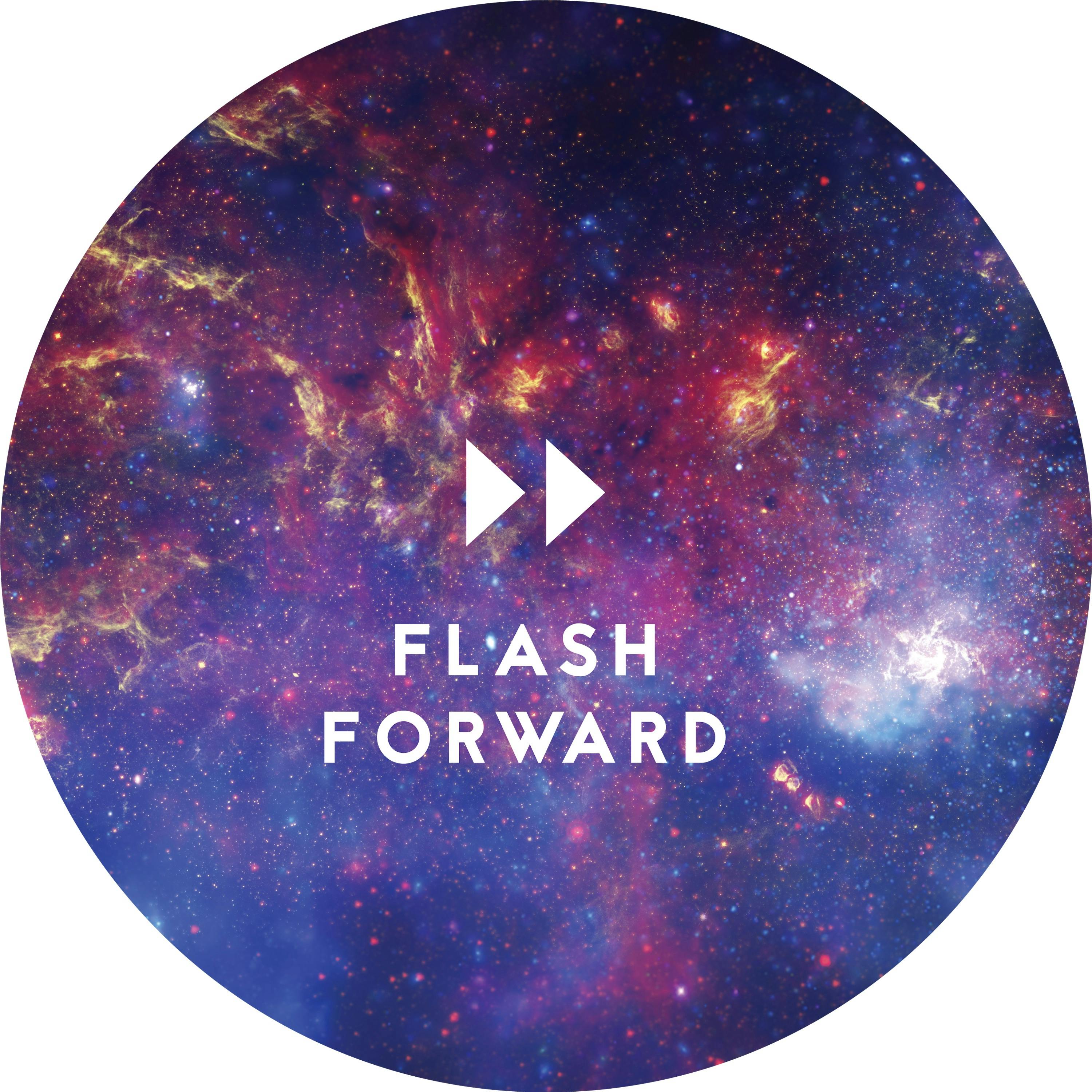
The Altered State
Flash Forward
Today we travel to a future where all drugs are legal. Just roll up to the store, and get yourself some cocaine! We start with some history: for centuries a world without drug laws existed. Mark Kleiman, a professor at NYU who studies drug policy, explains that fear of drugs, and the desire to regulate them, really started in the last 1800’s. The rise of industry, advances in chemistry, and the invention of the hypodermic needle all fueled a rise in drug use and in drug fears. Today, of course, some drugs are legal and others aren’t. Alcohol, tobacco, caffeine and pharmaceuticals are all legal. You probably already know what’s not. But why are certain drugs legal in the United States and others not? The answer isn’t really science or public health research, but rather historical precedent and racism. Maia Szalavitz, the author of a book called Unbroken Brain: A Revolutionary New Way of Understanding Addiction, walks us through some of the racist campaigns against drugs that linked most of them with “violent” people of color. Take this New York Times story from 1914, headlined ““Negro Cocaine ‘Fiends’ Are a New Southern Menace: Murder and Insanity Increasing Among Lower Class Blacks Because They Have Taken to ‘Sniffing Since Deprived of Whiskey by Prohibition.’” White people said that drug use would make white women sleep with black, asian and latino men. That cocaine made black men impervious to bullets, and make them murder whites at the slightest provocation. Today, the legacy of those racist ideas is still with us in the form of both drug laws and stereotypes about what a drug user looks like. Which impacts who goes to jail for drugs and who doesn’t. Here are some statistics: in America, white people and black people are equally likely to use drugs. But black Americans are arrested at twice the rate of white americans for drug crimes. Not only that, but black Americans are more likely to be offered a plea deal that involves prison time than whites are for the same crimes, and are more likely to serve longer sentences than white Americans for the same offense. Here’s another way to look at it: Black Americans represent 12% of monthly drug users, but comprise 32% of persons arrested for drug possession. And when we’re looking at drug arrests, it’s a huge number of people. Between 1993 and 2011 there were 30 million arrests for drug crimes in the United States, and 24 million of those were for possession of drugs, not selling them. And while Mark and Maia disagree on a lot of things regarding drug policy, this was one thing they actually agreed on: they both think that possession of small amounts of drugs should be decriminalized. And I talked to a third person for this episode who agrees. And he’s not someone you’d expect to do so. Officer Tim Johnson, a retired cop. Tim is part of a program called LEAP, Law Enforcement Against Prohibition. He joined as soon as he retired, because despite making a whole lot of drug arrests while he was a cop, he didn’t feel like they were actually making a difference. And there’s data to support that feeling. Studies have shown that while we’ve arrested a whole lot of people for drug possession, the rate of drug abuse hasn’t gone down. Learn more about your ad choices. Visit megaphone.fm/adchoicesNext Episodes

Bot for Teacher @ Flash Forward
📆 2016-06-29 00:29 / ⌛ 00:40:30

Kaboom @ Flash Forward
📆 2016-06-14 20:25 / ⌛ 00:31:59

Popnonymous @ Flash Forward
📆 2016-05-31 17:04 / ⌛ 00:47:50

Expiration Date @ Flash Forward
📆 2016-05-17 21:30 / ⌛ 00:50:09

Omnibot @ Flash Forward
📆 2016-05-03 20:33 / ⌛ 00:36:33